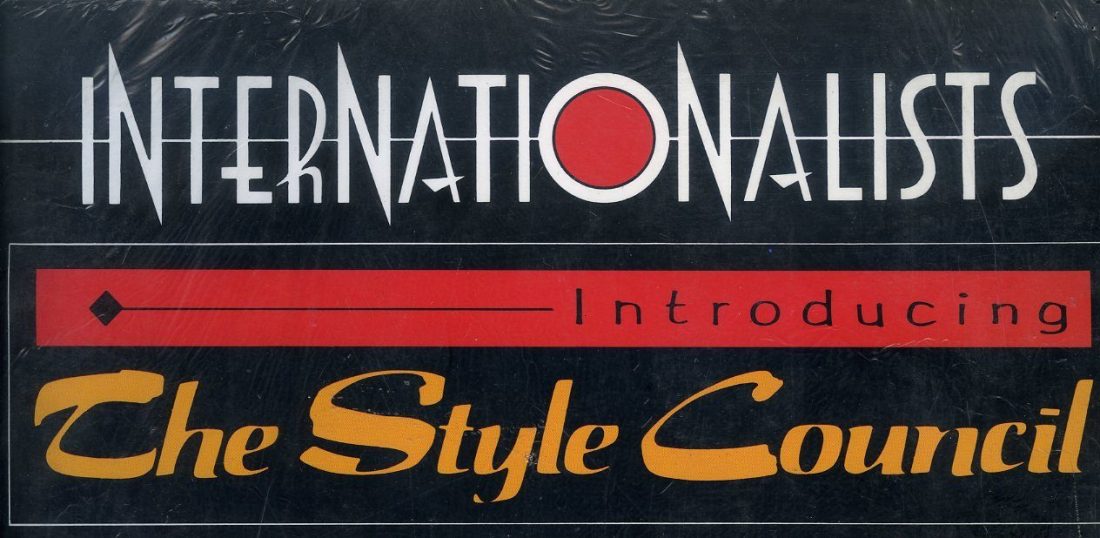
Northampton High has a long tradition of embracing world cultures and the international dimension in all areas of school life. There are structural elements to this ethos, ranging from our engagement with European schools for modern language exchanges, to our Erasmus+ mobilisations and eTwinning projects. We can also highlight our tours and trips, ecological campaigning, charitable work and, vitally, the academic programmes of study across the school that challenge pupils to think globally. However, a school, like a church, is not defined by its buildings, or its curriculum or liturgy, but by its community and spirit. Indeed, the real basis for our open minded and culturally diverse outlook is the student and staff body itself, proudly incorporating multiple ethnicities and bi or trilingual speakers of 20+ community languages.
I would go on to say that the measure of a school’s success cannot simply be based on its academic outcomes. Although these are important for opening doors, fulfilling careers and lives are built on so much more than academic achievements. A good linguistic and cultural education brings an understanding of how other people live, an appreciation of the things that make us different, and how we can use this information to enhance our contributions at work and home. Employers and businesses are increasingly conscious of the need for original thinking and, at the same time, are sensitive to the global markets they work within. As such, employment practices that recognise the value of diversity and cultural awareness do not just have a moral imperative but a sound business rationale too.
Playing in the school band in the 80 and 90s, I was influenced by Paul Weller in his various incarnations. I liked Internationalists, a lesser known recording from the time, perhaps because it had a more rocky flavour, like his earlier hits with The Jam. However, relistening to it as I thought about writing this piece, I find I can appreciate it in ways I barely understood at the time. In the light of Black Lives Matter, Weller’s prescience in Internationalists that ‘without the strength of us altogether / the world as it stands will remain forever’, might seem unusual given his roots in working class Woking. But Weller was never a stereotypical rock star and his cosmopolitan image in the Style Council was more than window dressing. Perhaps influenced by this, I went on to study modern languages and lived in France and Spain. While not exactly a globe-trotting experience of young adulthood, it showed me the value of learning foreign languages, and inspired me to see that we have far more in common with other cultures than anything that might separate us.
The move to bring European countries closer together after the Second World War, eventually leading to the European Union, was also rooted in the belief that our mutual long-term interests as neighbouring countries was of greater importance than any short-term disputes. While it is too soon to judge the full impact, it is clear that the 2016 referendum decision implies the diminishing of our overall contact with the countries around us. Luckily for us, however, the friendships we have developed with other schools in Europe and beyond mean that we are still able to maintain and strengthen the connections we have built up.
Furthermore, Brexit has caught the imagination of the world and must not be seen as a threat, or we risk turning inwards and missing out on the chance to take advantage of new opportunities. At the High School we are looking again at the non-examined curriculum that forms the backbone of our international school approach. Complementing the Humanities Transferrable Skills programme in Years 7 and 8, for example, will now be a new offer to Year 9 students, Global Outlook. This optional course, developed under the guidance of the Head of Languages Sandy Orvoen, looks at issues such as global citizenship, democracy, human rights, gender equality and climate change, from the perspective of different groups of people around the world.
Within the wider enrichment curriculum we will build on the highly successful Sixth Form Electives programme, by including Key Stage 4 students. In some subjects, students from different year groups will join together and be able to discuss key issues such as politics and international relations. Clubs and societies too will delve deeper into the issues of equality and fairness that go hand in hand with the international agenda. Whether that be for Eco Team, Black History Week, Model United Nations society, Femsock, debating and public speaking societies, continued links with our Erasmus+ schools, or the many other activities and clubs taking place around the school.
Paul Weller says that ‘liberty must come at the top of the list’. At the risk of ruining the rhythm of his song, I would add diversity and inclusion to the top of that list too – as an internationally-minded school we owe it to every pupil.
Mr Rickman
Deputy Head Academic
Internationalists – link to Live Aid performance 1985